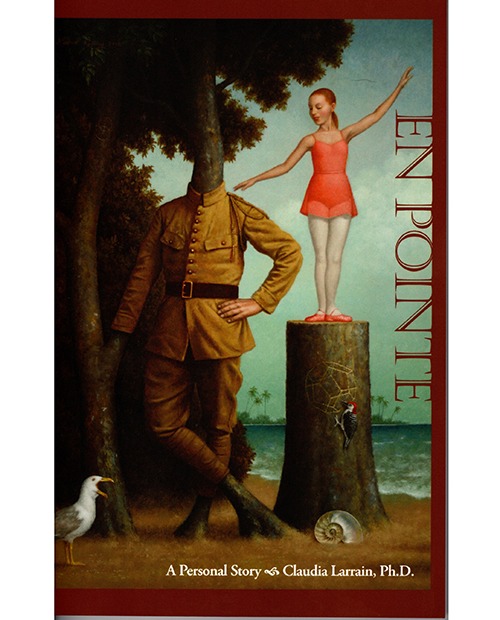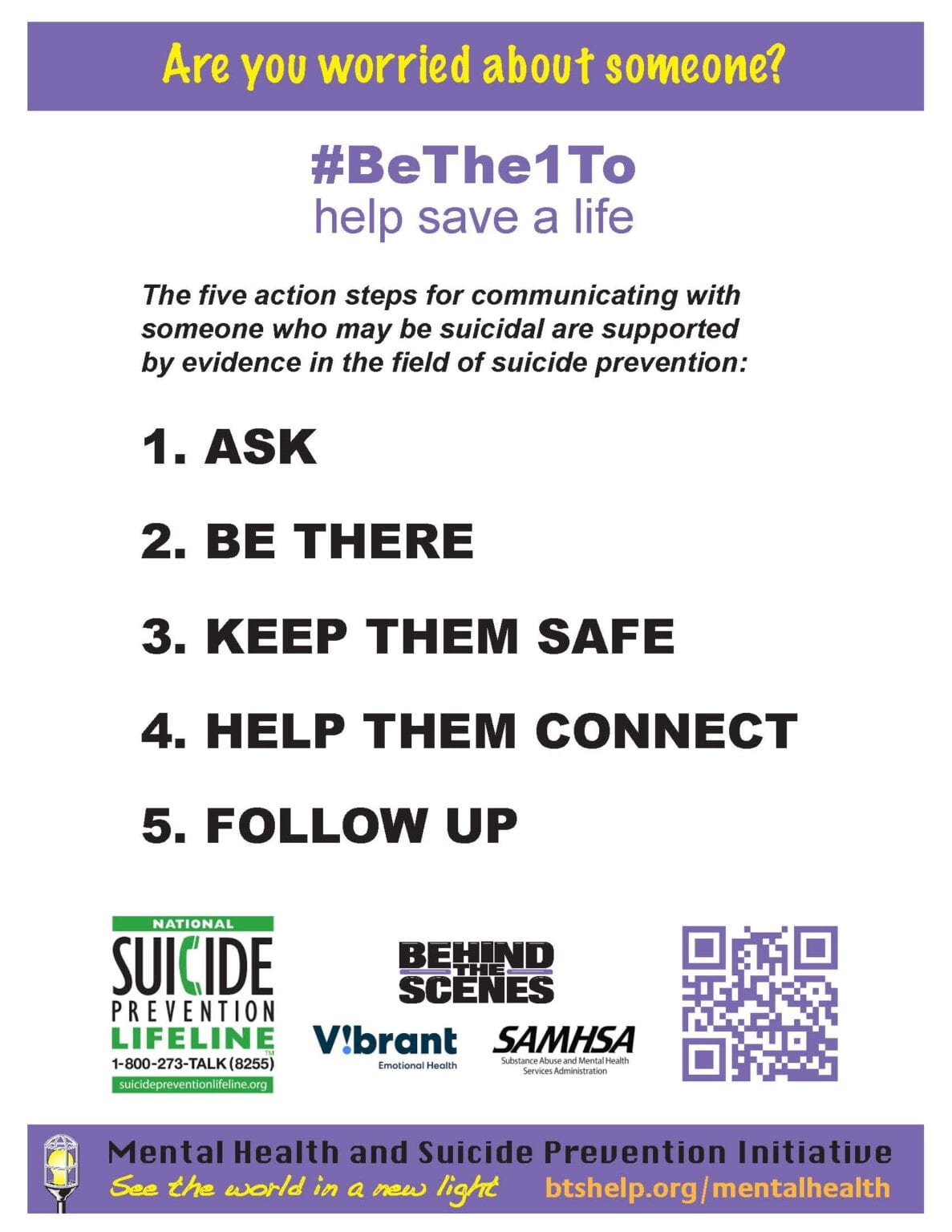I lost a longtime friend to suicide a few weeks ago. She was strong, vivacious, successful, well-traveled and smart. If you ever met her, you would remember her – she was always the biggest voice in the room.
The day after she passed, I discovered many of my close friends were also her close friends and I never even knew. So many were distraught, wondering if there was something they missed, something they could have done. How could someone so loved by so many take her own life? Was it the pandemic isolation? Was it undiscovered PTSD from seeing so much up close as a news journalist? Unfulfilled relation- ships? Financial hardship?
Are creatives more susceptible to suicide or do people with depression gravitate to creativity to heal? Think Kurt Cobain, Anthony Bourdain, Vincent Van Gogh, Ernest Hemingway, Kate Spade, Virginia Woolf, Ann Sexton. Even at the height of their careers, they took their own lives.
Claudia Larrain, Ph.D., clinical psychologist and local author of the new book En Pointe, shared some thoughts with me about how art can be used as a powerful tool against depression. Larrain says those with depressive inclinations can have regrets about the past or anxiety about the future which can be attenuated through art, by using creativity to express themselves and reveal their subconscious.

In En Pointe, she documents interviews with several local artists who tell their stories and share how art helps them psychologically. Larrain shares her own struggle with emotional balance and how her journey with art has helped her overcome depression and anxiety.
We need to bring the topic of mental illness to the forefront and erase the stigma. If we are more open to discussing depression – and treat it as an illness like any other – the chance of helping someone in need will increase exponentially.
Larrain shares some of the signs that signal someone is in need of help – giving away possessions, regret, no hope for the future, low or no eye contact, closed posture, slowing communication, hiding pain, eating or sleeping habit changes, little or no pleasure in what used to make them happy, as well as negative thinking.

As friends and coworkers, we can be aware of the signs
and help by having direct conversations.
There are organizations available to assist, 24/7.
National Suicide Prevention Lifeline
1 (800) 273-8255 (TALK)
nami.org
has resources in English and in Spanish
1 (800) 950-NAMI or text NAMI to 741741
Crisis Center of Tampa Bay
crisiscenter.com
813-234-1234
A helpful group in London has been reading the Arts Coast Journal and shared these resources,
focused on the stresses that all of us are experiencing during the pandemic.
Find tips on caring for yourself and your friends, family and co-workers
during these difficult times. A live online chat is available.



